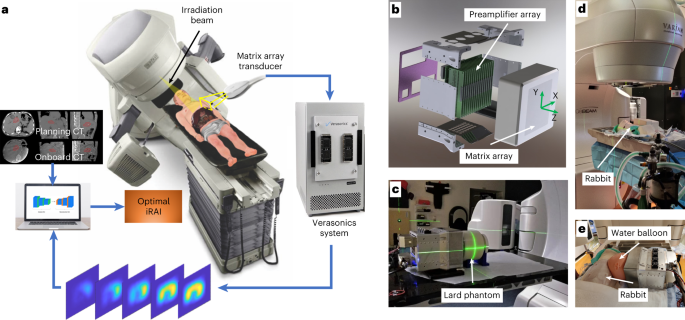2023-01-04 ミシガン大学
インド太平洋の5つの地域のサンゴ礁を調査した科学者たちは、白化現象によってサンゴが広範囲に失われた後、チョウチョウウオの個体が競合種を識別して適切に対応する能力が低下していることを発見しました。
研究者達は、サンゴの白化現象が起こる前と後のサンゴ礁で、38種のチョウチョウウオを3,700回以上観察し、その行動を比較しました。
白化現象によるサンゴの死滅後は、異なる種の魚同士の合図が少なくなり、90%以上のケースで追いかけっこへと発展しました(白化現象前の72%から上昇)。また、白化現象後の追いかけっこの距離は長くなり、魚は潜在的な競争相手を追い払うのに、以前より多くのエネルギーを消費していることが分かりました。
研究者らは、多くのサンゴが死滅する白化現象が、魚類に食性や縄張りの変化・多様化を迫っているため、環境撹乱が魚類の認識や反応に影響を与えていると考えています。そのため、このような大規模な環境変化は、複数の魚種が共存するために長く確立され、共進化してきた関係を破壊しています。
<関連情報>
- https://news.umich.edu/reef-fish-must-relearn-rules-of-engagement-after-coral-bleaching/
- https://royalsocietypublishing.org/doi/10.1098/rspb.2022.2158
サンゴ礁における急激な資源枯渇がチョウチョウウオの仲間たちの競合認識プロセスを混乱させる Rapid resource depletion on coral reefs disrupts competitor recognition processes among butterflyfish species
S. A. Keith,J-P.A. Hobbs,L. Boström-Einarsson,I. R. Hartley and N. J. Sanders
Proceedings of the Royal Society B Published:04 January 2023
DOI:https://doi.org/10.1098/rspb.2022.2158

Abstract
Avoiding costly fights can help conserve energy needed to survive rapid environmental change. Competitor recognition processes help resolve contests without escalating to attack, yet we have limited understanding of how they are affected by resource depletion and potential effects on species coexistence. Using a mass coral mortality event as a natural experiment and 3770 field observations of butterflyfish encounters, we test how rapid resource depletion could disrupt recognition processes in butterflyfishes. Following resource loss, heterospecifics approached each other more closely before initiating aggression, fewer contests were resolved by signalling, and the energy invested in attacks was greater. By contrast, behaviour towards conspecifics did not change. As predicted by theory, conspecifics approached one another more closely and were more consistent in attack intensity yet, contrary to expectations, resolution of contests via signalling was more common among heterospecifics. Phylogenetic relatedness or body size did not predict these outcomes. Our results suggest that competitor recognition processes for heterospecifics became less accurate after mass coral mortality, which we hypothesize is due to altered resource overlaps following dietary shifts. Our work implies that competitor recognition is common among heterospecifics, and disruption of this system could lead to suboptimal decision-making, exacerbating sublethal impacts of food scarcity.


